

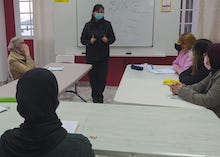
Rut Skrie explains how her association is dealing with the migration crisis in Ceuta. “We are helping, but very discreetly because the people here were overwhelmed and afraid”.

Human rights groups are pointing to the country, and Christians are one of the most affected groups. We interview James Akinyele, Secretary General of the Nigeria Evangelical Fellowship.

Evangelicals in the border between Spain and Morocco explain how they have experienced the migration crisis. The church is “helping as much as possible” those who are still in the streets.
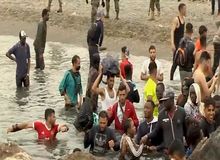
Over 8,000 people crossed the border from Morocco into Spain in two days, creating and unprecedented migration crisis in the region. Christians in Ceuta: “The situation is volatile, this could explode at any time. Please pray for the city”.

The General Secretary of the Evangelical Fellowship of India (EFI) analyses the tragic situation caused by the new Covid-19 wave. He calls on believers worldwide to pray for India and its churches.

“Church leaders, pastors and congregation members are taken away forever from the midst of us. Our hearts are totally broken”, writes an evagelical leader. Thousands die without access to hospitals.
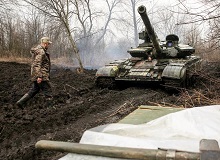
The Russian Evangelical Alliance calls to “restore the peaceful relations between the peoples of both countries”. Churches in Ukraine encouraged to “pray and fast for the peace in our land”.

Our strength to endure obviously comes not from within us, but from someone who is at work in and through us.

A report of the Spanish public TV shows the social action of evangelical associations during the pandemic. “We put the five loaves and two fish, and the Lord has multiplied them”.
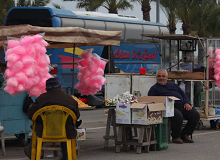
Until the rulers change, and the corrupt system of lax laws lets up on its suffering of people, what are some things the Church in Lebanon and elsewhere can do?
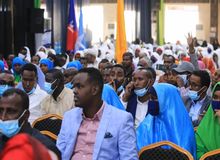
“Most Somali Christians are underground believers. We are a persecuted community”, explain the leaders of an online community of believers in the country.

Pandemic partnership for health professionals and the church. An article by Ted Lankester.

The small country between France and Spain has no specific law about religions. Churches are not allowed to gather due to the Covid-19 pandemic.
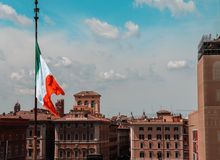
Italy negotiates a new government as the third wave of the pandemic hits the country. The Evangelical Alliance calls on Christians to avoid “conspiracy narratives”.

Lament, communities of care and the new normal. An article by Gladys K. Mwiti.

After 55 years of work, the pandemic has aggravated the crisis of the ministry in Spain. The impact of the internet and the secularisation of Europe are a challenge for the entire sector.

The felt gap between ‘what is’ and ‘what should be’ is a powerful prompt to return to God and cherish the best parts of life—our relationships with others—over other idols.

Right now we need to reconnect business to its rightful place within society.
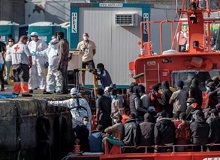
Churches demand “permanent resources” as the humanitarian crisis overwhelms the local population.

The second edition of the ‘survival manual’ published last May aims to be “a professional guide that also reflects our biblical worldview”, to deal with the impact of the ‘second wave’.

Entities and churches work tirelessly to take care of the most vulnerable during the Covid-19 crisis, often without the needed support of the authorities.
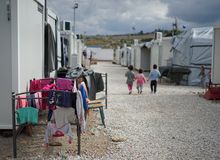
“The current focus on returns will not save the asylum system”, says the European Evangelical Alliance representative in Brussels, Arie de Pater. “It is not just about the economy this time, but about people”.
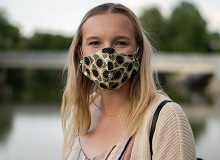
“We clearly reject conspiracy theories and behaviours that lack solidarity”, a statement signed by free churches and the Evangelical Alliance says in response to the Covid-19 situation.

The manual emphasizes the importance of maintaining a healthy lifestyle and encourages Christians to trust God and “be witnesses of Jesus in these times”.

We use God’s name in vain when we preach an empty, passive, passion-free Christianity devoid of biblical content.

Las opiniones vertidas por nuestros colaboradores se realizan a nivel personal, pudiendo coincidir o no con la postura de la dirección de Protestante Digital.